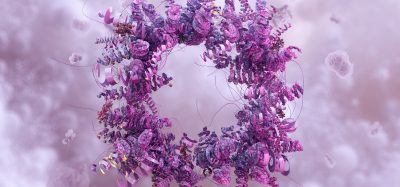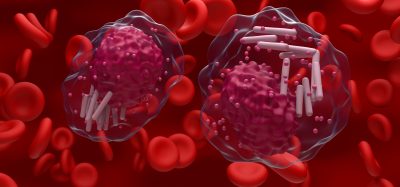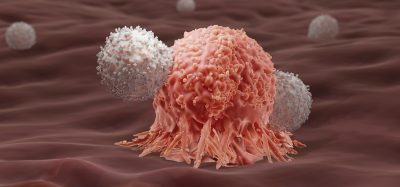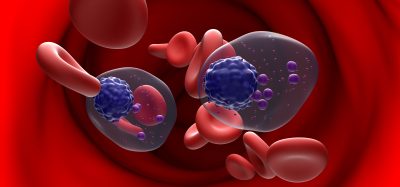Creating retroelement-based epigenetic clocks
Posted: 27 August 2024 | Drug Target Review | No comments yet
Targeting the epigenetic states of specific retroelements in the human genome could mitigate the biological effects of ageing.
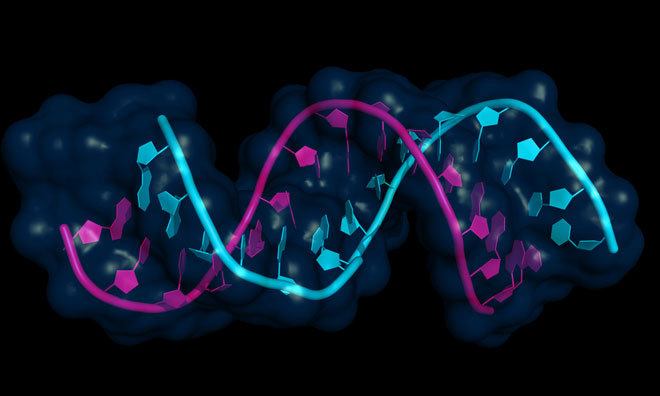

DNA markers associated with retroelements have been discovered by scientists at Weill Cornell Medicine and TruDiagnostic. Their findings indicate that particular retroelements in the human genome could be involved in ageing.
Although retroelements have been known to influence gene regulation, gene expression, genomic stability and the course of multiple human diseases, their potential as biomarkers for ageing has not been investigated thoroughly. However, the new study stated that retroelement clocks within the human genome capture unique signals of ageing not previously recognised by other clocks that measure chronological age.
Most ageing clocks estimate a human’s biological age based on patterns of epigenetic markers. The pattern of methylation on retroelements seems to alter as people age, causing some genes to be more active. This may result in genomic instability, inflammation and age-related diseases.
A machine learning model from TruDiagnostic was used to analyse epigenetic data from 12,670 individuals with ages ranging from 12 to 100. With the resulting retroelements DNA methylation patterns, specifically human endogenous retrovirus (HERV) and long interspersed nuclear element (LINEs), they developed a composite retroelement-Age clock named “Retro-Age.”
Dr Lishomwa Ndhlovu, Herbert J. and Ann L. Siegel Distinguished Professor of Medicine and professor of immunology in medicine in the Division of Infectious Diseases at Weill Cornell Medicine, stated: “Now, with Retro-Age, we have greater insight and a fresh perspective into the aging process and a potentially powerful tool to predict biological age.”
It was discovered that the Retro-Age clock remained accurate when testing various human tissues, complemented current epigenetic clocks and extended to other mammalian species. Therefore, the results indicate the possibility that retroelement activity could be a fundamental aspect of ageing across different species.
Furthermore, the team discovered the DNA methylation patterns observed were responsive to external factors, like antiretroviral therapy taken by HIV patients, as well as being predictive of age. Epigenetic ageing is accelerated by HIV infection, yet antiretroviral therapy seems to reverse the clock to some degree. This implies that retroelement activity is influenced by the infection and its treatment, affecting the biological ageing process in people living with HIV.
Corresponding author Dr Michael Corley, assistant professor of immunology in medicine in the Division of Infectious Diseases at Weill Cornell Medicine, explained: “The reactivation of specific retroelements increases with age, potentially leading to biological hallmarks of ageing such as inflammation, cellular senescence and genomic instability…Our findings indicate that retroelement clocks capture previously undetected facets of biological ageing and may open the door to future treatments for these and other age-related conditions.”
Moving forward, Dr Ndhlovu and Dr Corley aim to explore novel therapeutic interventions for age-related diseases by targeting the epigenetic states of specific retroelements in the human genome. This could reverse or mitigate the biological effects of ageing, improving an individual’s health span and lifespan.
This study was published in Aging Cell.
Related topics
DNA, Drug Targets, Epigenetics, Therapeutics
Related conditions
ageing
Related organisations
Weill Cornell Medicine




